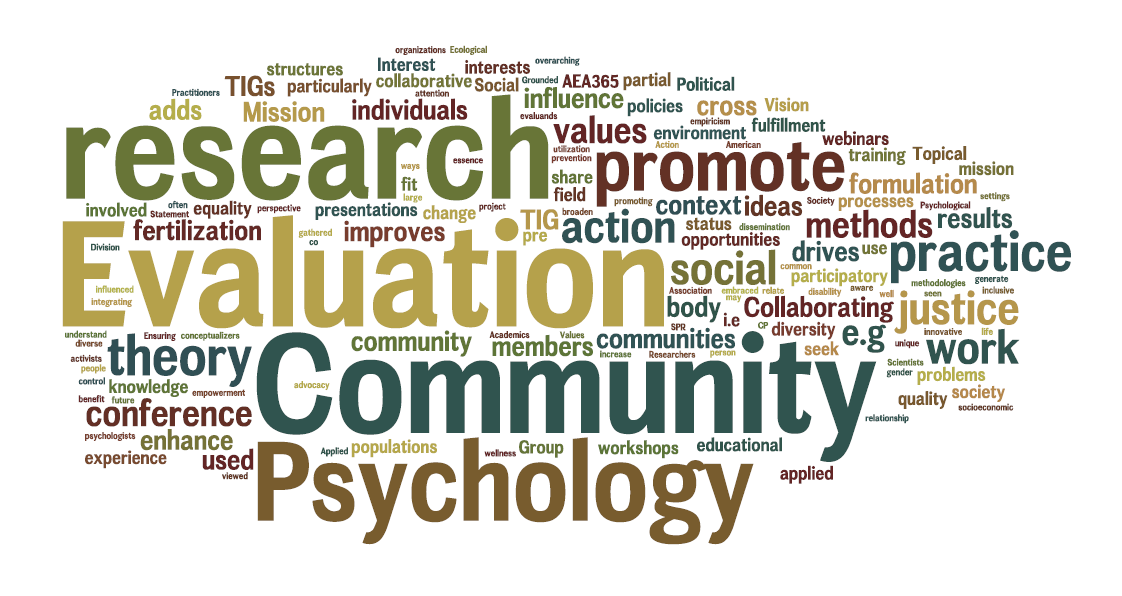On Friday the 30th of September 2016, Midlands State University hosted a conference at its Gweru Main Campus organised by the University’s Psychology Association. Running under the theme, ‘Promoting Community Psychology in Communities’, the conference brought together various stakeholders, among them, members of the Psychology Association, university academics, students and officials from the Allied Health Practitioners Council of Zimbabwe as well as the Ministry of Youth, Indigenisation and Empowerment.
The two keynote speakers were, Mr MTL Fungati from the Ministry of Youth, Indigenisation and Empowerment and Mr L Maunganidze, a psychologist. Issues on discussion included the importance of regulating the psychology profession, with participants agreeing that, while Zimbabwe had a lot of psychology graduates from various tertiary institutions, the majority of them were practising without being registered.
The profession is regulated in accordance with an Act of Parliament under chapter 27:19, with the Allied Health Practitioners Council of Zimbabwe as the regulatory body charged with a constitutional mandate to carry out registration of psychologists as part of efforts to ensure that practitioners in the profession match competence standards set by the Ministry of Health and Child Care.
In his presentation, Mr MTL Fungati, highlighted the need for institutions of higher learning to promote an entrepreneurial mindset among students, that would see them positively contribute to economic development within their communities and the country at large.
Conference proceedings, included discussions and paper presentations on a wide range of topical issues that sought to promote community psychology, innovative and sustainable thinking, and entrepreneurship. While conference outcomes saw stakeholders agreeing to do more to regulate the profession, over and above curbing unethical conduct or behaviour that may result from inadequate regulation. Participants further agreed that more research needed to be carried out on a variety of issues related to their profession.


